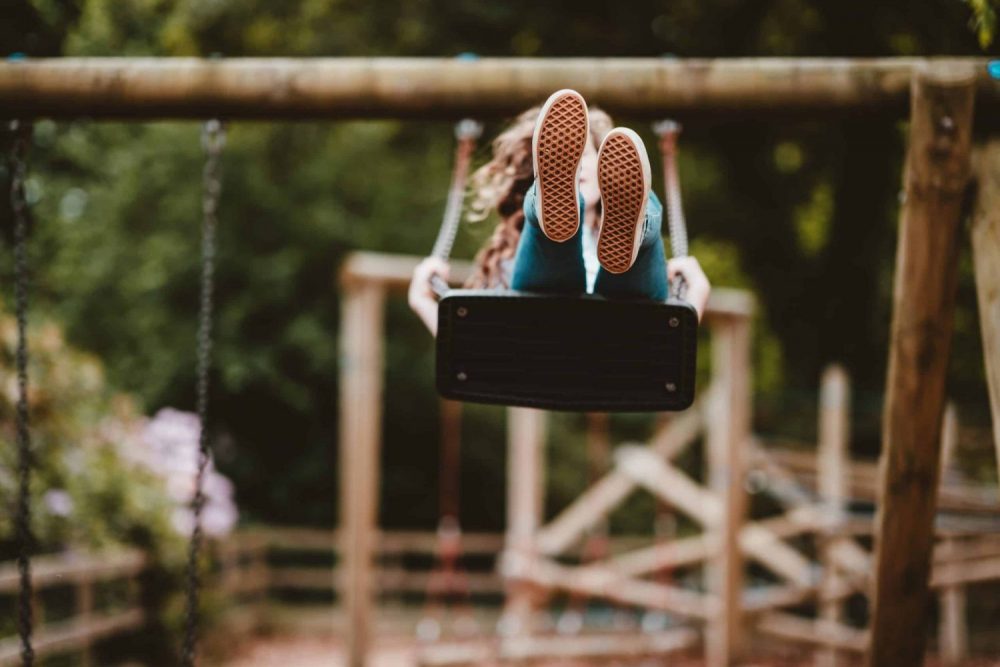French Nanny London : Language Learning Through Play.
French Nanny London explains how for young minds, learning a new language isn’t just about memorizing words; it’s an immersive journey intertwined with play, exploration, and interaction. French nannies, renowned for their linguistic expertise, weave the art of language learning seamlessly into everyday playtime. Let’s delve into the strategies employed by these skilled caregivers that make learning French a joyous adventure for children.
The Magic of Play
1. Interactive Storytelling: French nannies often engage children in interactive storytelling sessions. They bring tales to life, using puppets, props, or even simple gestures to make stories vivid and comprehensible. This approach not only builds vocabulary but also ignites a love for narratives and fosters conversational skills.
2. Multi-sensory Activities: From arts and crafts to cooking sessions, French nannies incorporate multi-sensory activities into language learning. Through finger painting, baking French treats, or exploring textures in sensory bins, children engage with the language in a tactile and memorable manner.
Everyday Conversations
3. Routine Reinforcement: Daily routines offer ample opportunities for language practice. Whether it’s mealtime conversations, getting dressed, or tidying up, French nannies effortlessly integrate French words and phrases into these activities, reinforcing language in a natural context.
4. Playful Vocabulary Building: Labeling objects around the house with their French names or playing games like “I Spy” using French words encourages vocabulary building in a playful setting.
Music and Movement
5. Melodic Learning: Music transcends language barriers. French nannies introduce children to French nursery rhymes, songs, and rhythmic chants. Through music and movement, kids absorb pronunciation, rhythm, and intonation, enhancing their linguistic skills while having a blast.
6. Dance and Drama: Incorporating dance and drama activities into language lessons adds an element of physical expression. From miming actions to enacting scenes, children learn language through physicality, promoting comprehension and memory retention.
Technology as a Tool
7. Interactive Apps and Games: Leveraging educational apps and games tailored for language learning, French nannies make use of technology to engage children. These apps often offer interactive lessons, quizzes, and stories, making language learning enjoyable and accessible.
Cultivating a Supportive Environment
8. Encouraging Confidence: Creating a supportive and encouraging atmosphere is crucial. French nannies foster a safe space where children feel confident to try new words and phrases without fear of making mistakes.
9. Celebrating Progress: Recognizing and celebrating even small milestones in language learning boosts children’s confidence and motivation to continue exploring the language.
In the hands of a skilled French nanny, play becomes a gateway to linguistic fluency. Through their inventive and nurturing approach, these caregivers seamlessly integrate language learning into the fabric of everyday life, fostering a love for the French language that extends far beyond mere words. As children giggle, create, and explore, they’re not just learning a language – they’re embracing a new world of communication, culture, and connection.




